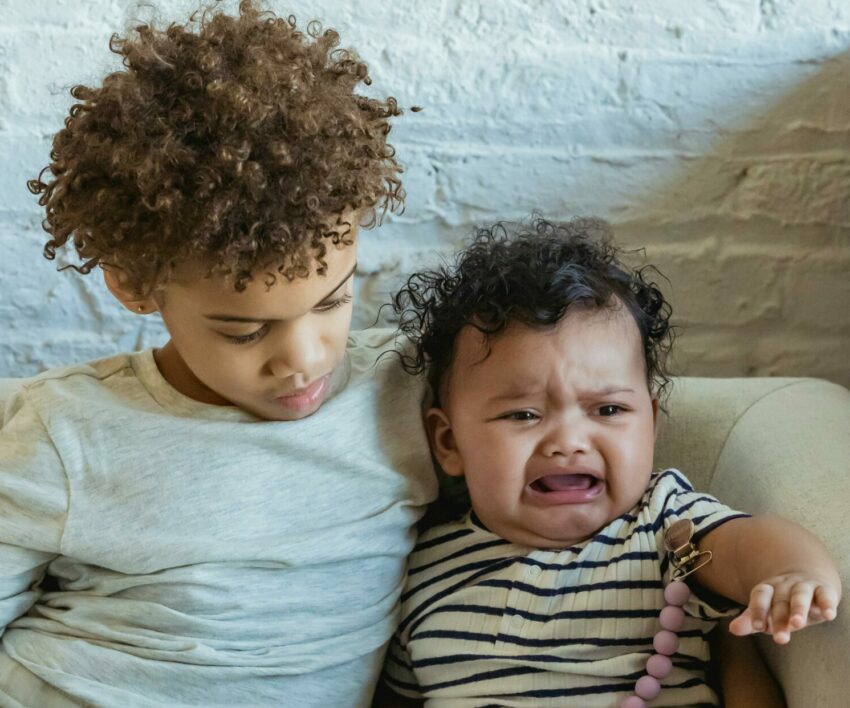
Why do most kids in their toddler years and younger have chest complications? It is associated with age? Maybe they are more sensitive to surrounding allergens because they are still very young. Whichever reason, these issues make the lives of the little ones a bit unpleasant and need swift action.
Health professionals who specialise in children’s health state a few reasons why kids experience chest infections and how to prevent and treat them.
The Royal Children’s Hospital defines chest infections as bronchiolitis, which is a common chest infection in young children, causing inflammation and mucus buildup in airways. This publication claims that it’s most common in babies under six months “But sometimes occurs in babies up to 12 months old.”
“Medicines do not usually help treat bronchiolitis. Babies need to rest and have small feeds more often, so they don’t get too tired when feeding and do not get dehydrated,” states the above publication.
Causes
Very Well Health listed a few causes factors:
• Exposures include daycare, school-aged siblings, and crowded homes.
• Lack of breastfeeding increases risk.
• Pollution from secondhand smoke and outdoor air pollution.
• Home pets, malnutrition, low socioeconomic status, physical stress, allergies, gastroesophageal reflux, premature birth, lack of immunisations, and humid environments
Other causes of this infection according to the Cleveland Clinic include:
- Respiratory syncytial virus (RSV).
- Influenza (flu) virus.
- Adenovirus.
- Parainfluenza.
- Metapneumovirus.
Treatment
Cedars Sinai states that treatment for acute bronchitis depends on the child’s symptoms, age, and general health and that antibiotics are not typically needed due to the majority of infections being caused by viruses. According to the mentioned source, treatment may include rest, medication like accutane or ibuprofen, cough medicine, more fluids, and a cool-mist humidifier. Talk to your child’s healthcare provider before giving over-the-counter cough and cold medicine to your child. The American Academy of Pediatrics does not recommend giving these medicines to children younger than 4 years old because they may cause harmful side effects.
Prevention
Healthline suggests that to prevent chest infections in your child, you can:
- Teach your kid to cover the nose and mouth when sneezing or coughing.
- Avoid smoking near your kids or exposing them to other pollutants or secondhand smoke in general.
- Ensure that your child has all of their vaccines, including the flu shot.
Also see: How to ease off the teething journey for your baby




